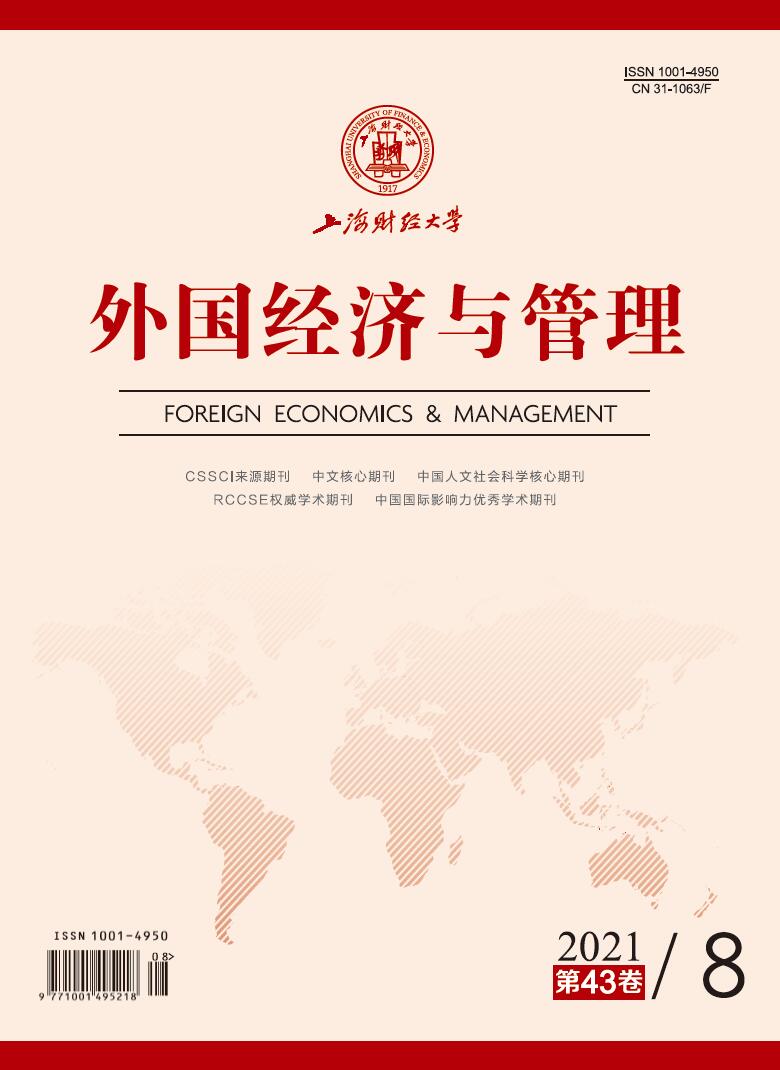Nowadays the fast-paced, high-pressure and frequent overtime working environment is constantly harming the physical and mental health of employees in organizations, which indicates that the leadership must strengthen the health awareness and behavior of employees through certain measures to promote their physical and mental health. As an emerging field of leadership study, health-promoting leadership research reflects the appeal of scholars for a new leadership style under the industry background of health threat. However, the research on health-promoting leadership is scarce in the existing literature, and it is still in its infancy in China. In view of this, in order to better promote the theoretical research on health-promoting leadership and guide the management practice in the Chinese cultural background, this paper makes an in-depth summary of health-promoting leadership on the basis of combing the existing literature, constructs an overall analysis framework, and prospects the future research direction.
First of all, health-promoting leadership refers to the organization concerning itself with creating a culture for health-promoting workplaces and values that inspire and motivate employees to participate in such a development. Scholars in this field took the lead in comprehensively and completely defining and clarifying the connotation of health-promoting leadership, which laid a solid foundation for the follow-up research on health-promoting leadership. In order to further clarify the connotation of health-promoting leadership, this paper analyzes it from three levels and six perspectives, and summarizes the key characteristics, specific behaviors and representative studies. Specifically, at the individual level, it is discussed from three aspects: trait view, behavior view and resource view. At the organizational level, it expands from two aspects: cultural view and strategic view. Then, the contingency view of cross-layer level is summarized.
Secondly, the measurement methods of health-promoting leadership are summarized from both quantitative and qualitative aspects. Among them, the quantitative research includes six questionnaire measurement methods, and there are four kinds of qualitative research. At the same time, the similarities and differences between health-promoting leadership and transformational leadership are analyzed in an all-round way, and the dimensions, modes and motivations of them are compared by referring to the existing research. In addition, this paper introduces the theoretical basis of the existing research on health-promoting leadership, including the theory of planned behavior, the theory of structural empowerment, resource conservation theory, social exchange theory and cognitive learning theory, and elaborates the mechanism of each theory. Besides, the antecedent and outcome variables in the health-promoting leadership literature are summarized and classified. Specifically, this paper analyzes the antecedent variables from the individual level and the organizational level, and finds that the effectiveness of health-promoting leadership can be summarized into three categories.
Finally, in view of the shortcomings of the existing research, this paper looks forward to the future research of health-promoting leadership. (1) More rigorous and standardized research methods, such as the experimental method, longitudinal method and grounded theory, should be adopted to further clarify the concept connotation of health-promoting leadership, and to conduct effective dimension division, construct measurement and effectiveness evaluation around its expression forms. (2) Scholars need to explore why and how health-promoting behaviors occur, probe into the internal mediating mechanism and boundary conditions, and integrate existing studies into a more unified theoretical framework. (3) Scholars need to determine the practical framework of health-promoting leadership and improve its operability in general organizations. (4) Scholars need to explore the causes, manifestation forms and path mechanisms of the potential negative effects of health-promoting leadership. (5) Scholars need to explore the efficacy and significance of health-promoting leadership in the Chinese context. (6) Scholars need to conduct an in-depth empirical comparative research on health-promoting leadership and other leadership styles.





 4150
4150  4657
4657

